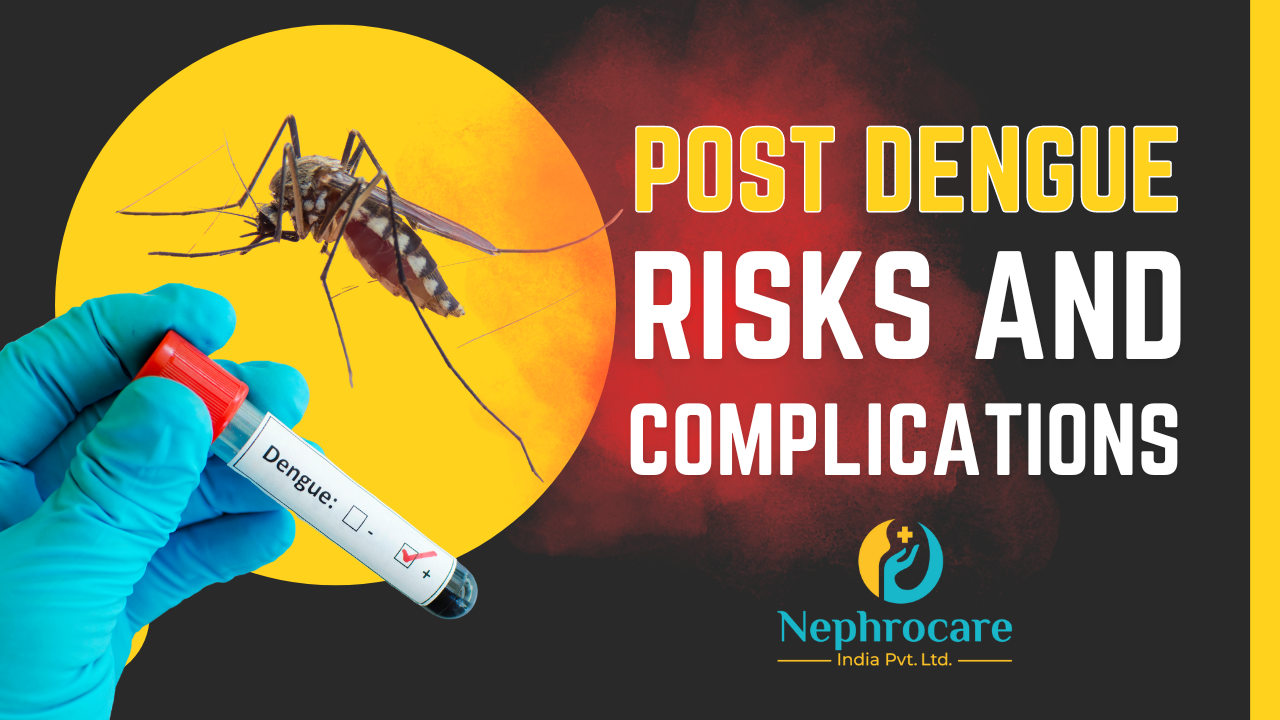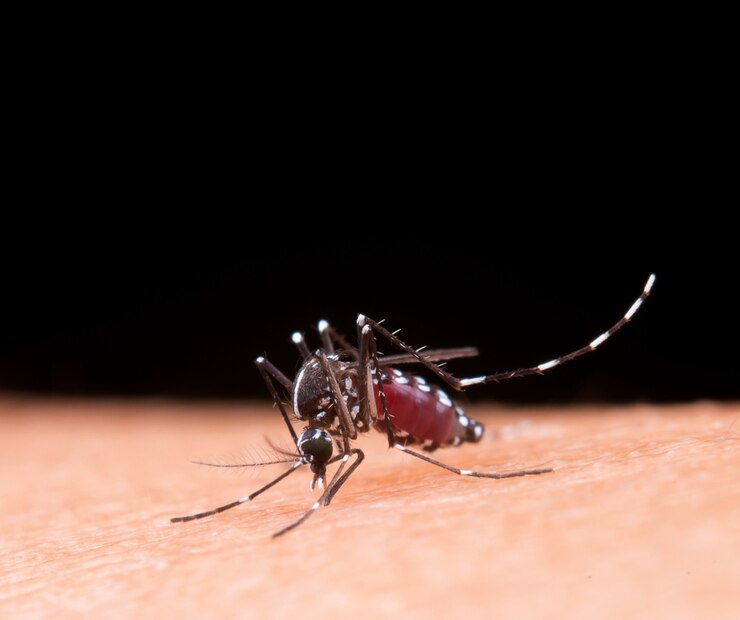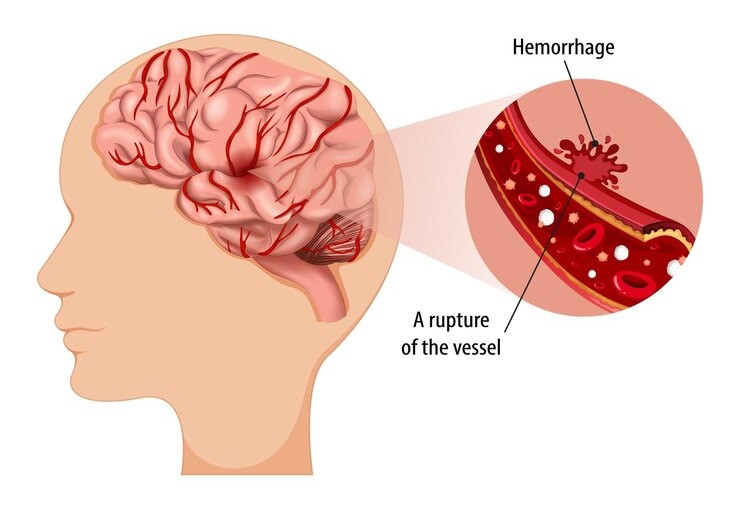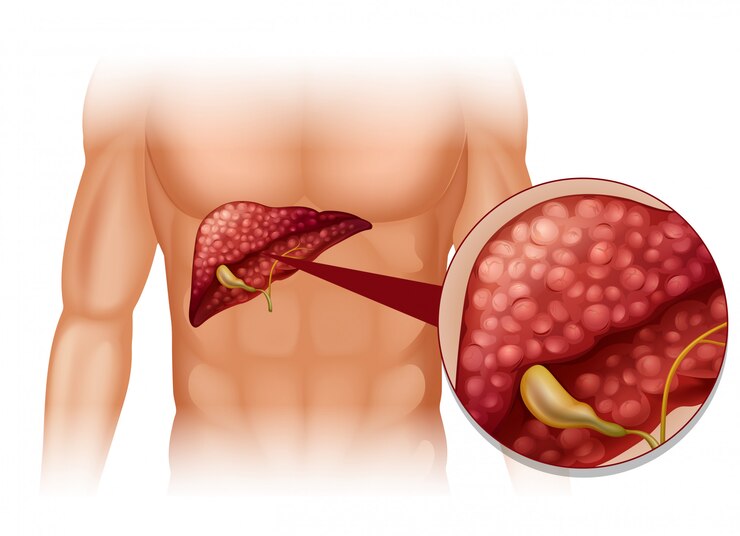
- 411
- 0
Post dengue complications – The Unseen Challenges

Every year, about 33 million people in India get sick with dengue – that’s a huge number! It’s like a third of all the dengue cases around the world. So, you can imagine how big of a deal dengue is, especially here in India!! And as a nephrologist, I’m right in the middle of it, seeing a surge of patients dealing with the aftermath of dengue fever. It’s not just a fever that bids adieu; it’s a complex symphony of post-dengue complications, starring kidneys in a leading role but featuring an ensemble cast of other organs affected by severe dengue. Join me on this journey as we navigate through the narratives of resilience, recovery, and the intricate dance of organs post-dengue.
First things first, what’s dengue?

It’s a mosquito-borne viral infection, a real troublemaker in tropical areas. Female Ades mosquitoes pass on the dengue virus with their blood-sucking bites.
Now, let’s talk about when dengue takes a serious turn.
We call it severe dengue – it’s like the virus leveling up. There are two forms: dengue hemorrhagic fever and dengue shock syndrome. Things get tricky here, and it can be a real challenge.
The unforeseen complications
Although we think of ourselves superheroes as managing all the sectors of our life so efficiently, sometimes, even superheroes face serious challenges. In rare cases, severe problems such as sudden liver failure, kidney issues, inflammation in the brain, issues with muscles and eyes, seizures, and heart muscle problems can happen from dengue.
- Neurological manifestations

The virus can mess with our nervous system, leading to things like encephalitis and meningitis, encephalopathy, stroke and hyperkalemia.
2. Myocarditis and cardiac dysfunction

Dengue virus may cause inflammation of the heart muscle challenging the heart’s ability to pump blood.
3. Acute kidney injury (AKI)

Now, the kidneys take the stage, especially for those on extended hospital stays. The complications read like a suspense novel – permanent disability, hemodynamic instability, acute glomerular injury and hemolysis results in tubular necrosis, damage of small blood vessels, and acute glomerulopathy. Unfortunately, renal complications post-dengue carry higher stakes, adding a touch of intensity to the plot.
There are currently no specific recommendations for the treatment of AKI in dengue patients, and treatment typically involves conventional renal replacement therapy.
- Acute Liver Failure:

Dengue’s impact on the liver ranges from mild elevations in hepatic enzymes to the dramatic stage of severe acute liver failure. Bleeding tendencies accompany this hepatic saga, making it a riveting episode. The use of NAC as an antidote for acetaminophen toxicity adds a plot twist to the management of acute liver failure in dengue.
Tips for a Speedy Comeback:
- Drink Up, Smartly:

Sip on water, coconut water, and maybe even some special fluids if needed. Think of it as your body’s way of getting back in balance.
- Nutrition Power-Up:

Food becomes your secret weapon for a quick recovery. Load up on fruits, veggies, and proteins.
Need nutritional guidance? Connect with our clinical dietician at 6292252940 / 6292252946 / 8017881608
You can join our renal cooking WhatsApp Group
- Keep an Eye on the Organs:
Imagine we’re on a mission to save the day – but for your organs. Regular check-ups are like our superhero team meetings. We make sure everything is on track and catch any issues early.
- Move, But Take it Easy:
As you embark on your recovery journey, let exercise become the sidekick. Begin gradually with a gentle walk or some relaxing yoga– no need for superhero workouts, just a steady path to getting stronger.
For any assistance join out MUKTI Programme
- Stay Positive with a Twist of Science:
Optimism isn’t just wishful thinking; it’s science-backed. Notice the little wins, understand the recovery journey, and keep those spirits up – it’s like having a positive mindset on speed dial.
So, here’s the lowdown: Life after dengue might have its hurdles, but armed with some smart choices and a sprinkle of optimism, you’re on your way to a speedy comeback. It’s not just about recovery; it’s about reclaiming your superhero status – stronger, happier, and ready for whatever comes next.
Comment
Check Your EGFR
***We Promise, no spam!






